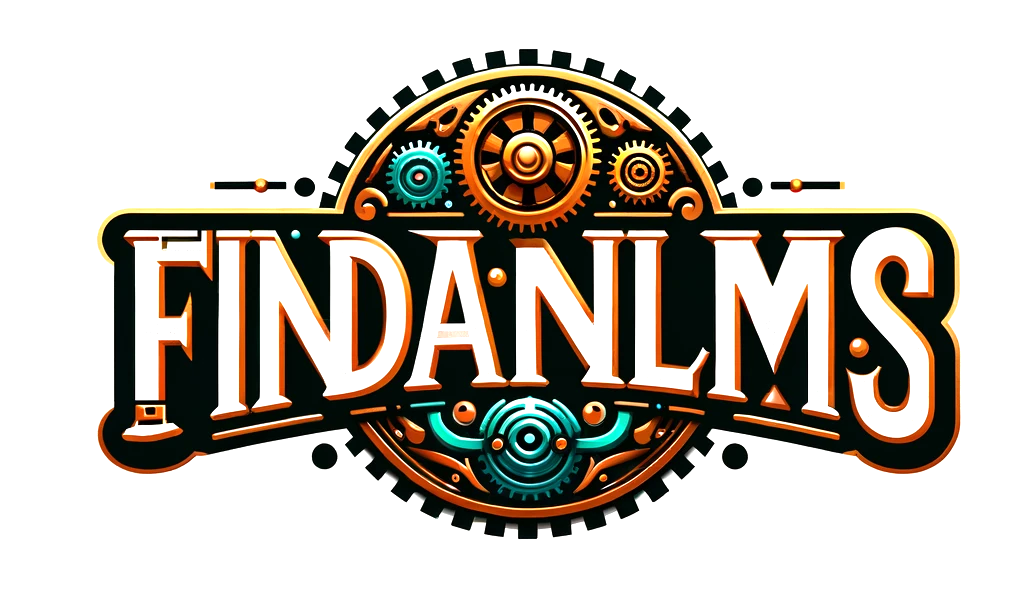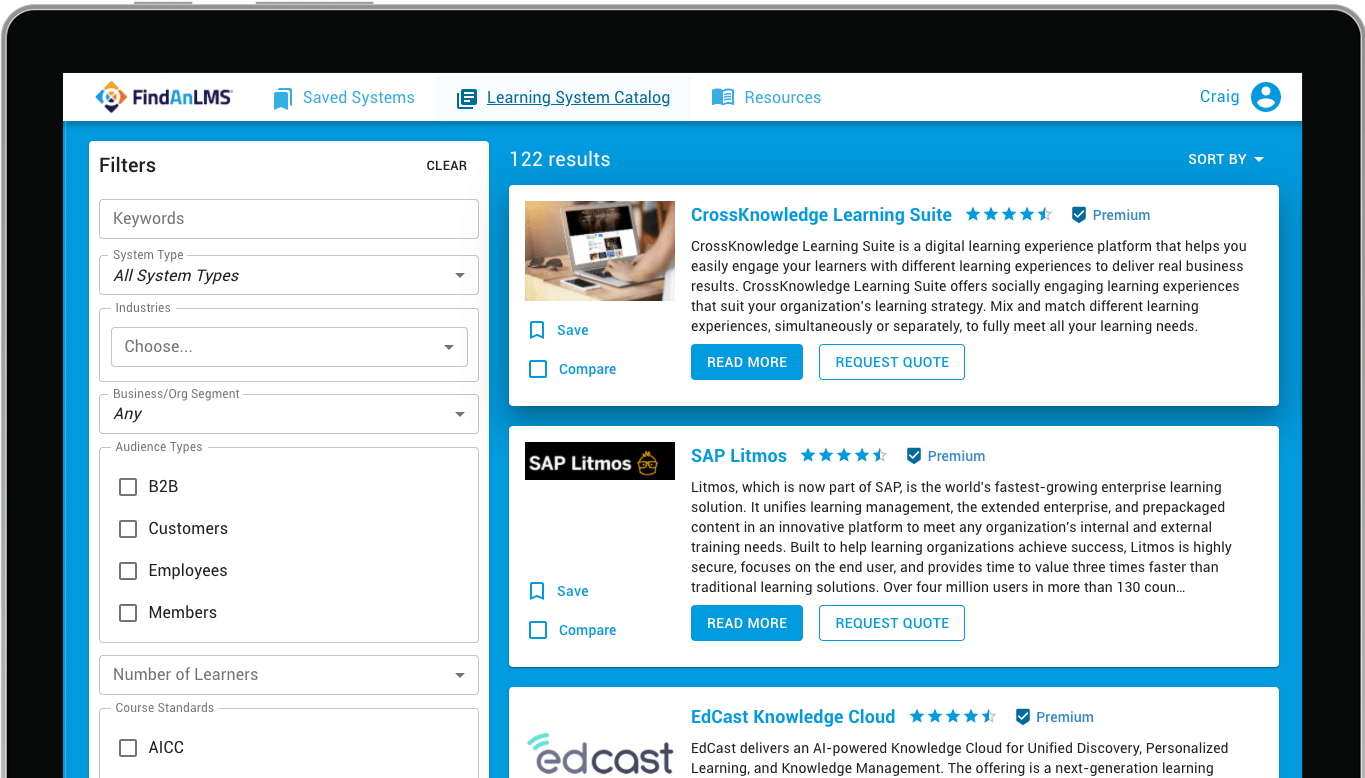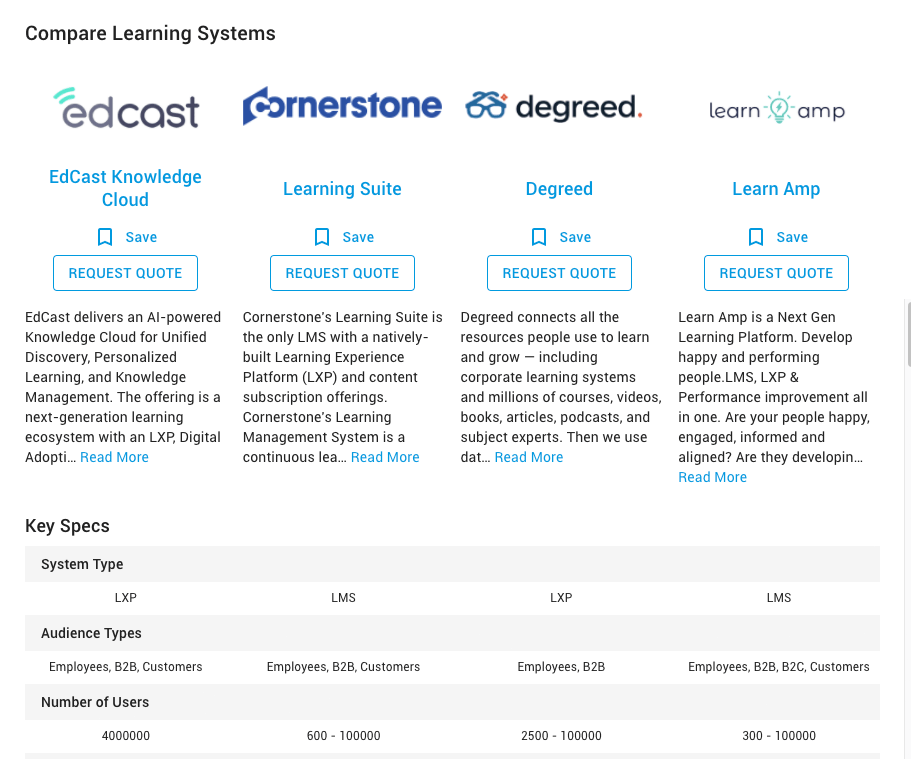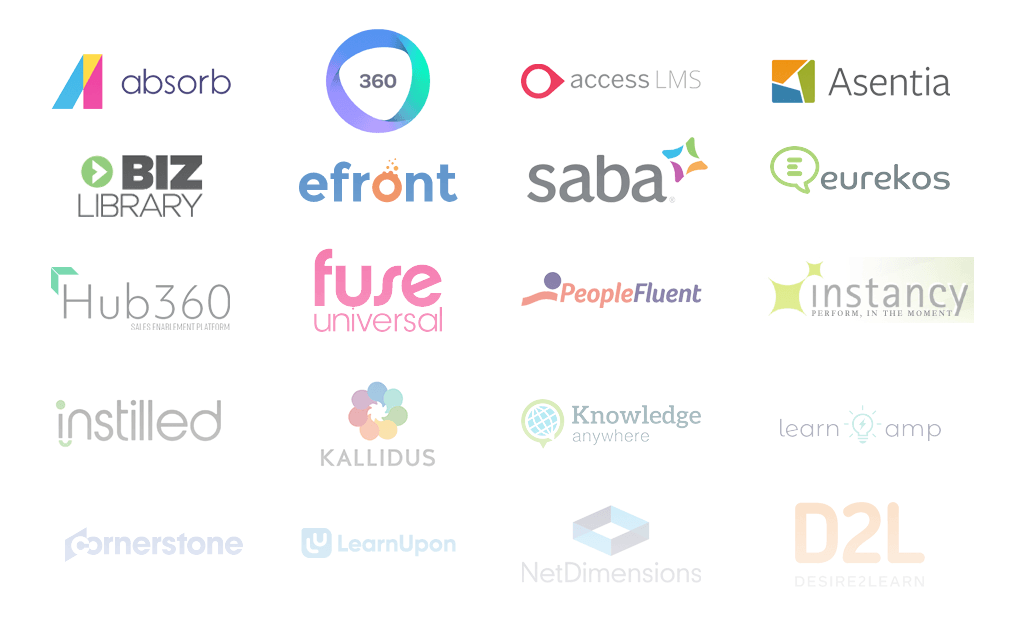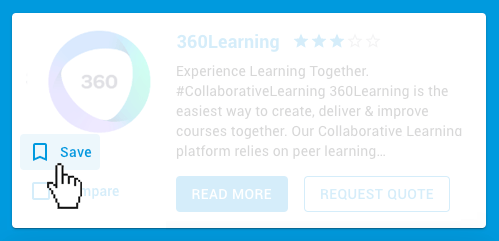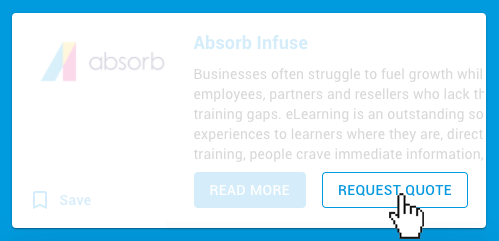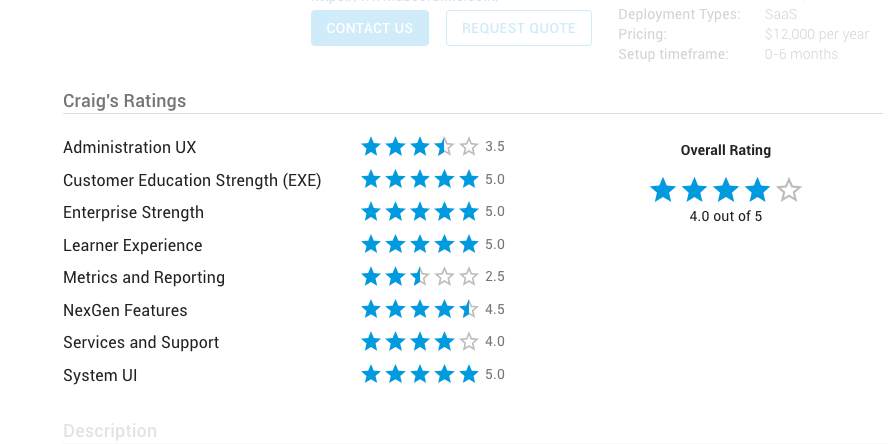Everybody loves trends, whether that means watching the latest dance videos on TikTok or scouring industry newsletters for what’s going to be hot three months from now. In the e-learning space, the answer is cohort-based learning, or having a facilitator guide small groups of learners through the content.
Once cohort-based learning becomes “hot,” vendors will use the associated terminology aggressively to capitalize on market trends and expand their customer base. If history is any indication, many of these vendors will have no idea what they are doing and fail to deliver anything resembling cohort-based learning despite the jargon.
Industry veteran Craig Weiss, the author of the e-learning 24/7 blog read in more than 140 countries, has decided to get out in front of this problem by detailing what cohort-based learning is and (more importantly) what a learning management system needs to have to offer it. Below, you will find a summation of his arguments.
Is cohort-based learning a good thing?
The goal of cohort-based learning is to facilitate knowledge sharing. Collaboration is an incredible learning tool if implemented correctly, but Weiss sees organizations creating cohorts of people with similar backgrounds and work experiences dulling the impact it has. How can you learn from someone who has had the same experience as you? He also worries that cohort-based learning will rely too much on synchronous learning when self-paced courses can be at least a complementary piece of the puzzle.
What features are essential in cohort-based learning?
The entire cohort (alternatively called a group, community, or learning pod) has to learn together to facilitate cohort-based learning, which means that vILT (or Virtual Instructor-Led Training) functionality is a must. The teacher will be called a guide or a facilitator. Many LMS vendors already offer this, especially if they have a background in K-12 or Higher Education where the virtual classroom is still the instruction method of choice. Cohort-based courses might not have the formal syllabus academia is known for, but at the very least there will usually be a Table of Contents.
Assignments
Assignments are tasks that must be completed by the cohort, generally within a set time frame. They are very similar to homework and many LMS vendors are already capable of allowing instructors to assign work to groups of learners. The key is differentiating them from…
Activities
Weiss expects many vendors to use the terms assignments and activities interchangeably, but activities are much more important. Activities involve some aspect of peer-to-peer learning such as knowledge sharing or collaboration, meaning that group communication is essential. You also want to limit how many people are in each cohort because everyone experienced “group work” in school where one or more students contributed nothing. For cohort-based learning to succeed, every member of the cohort must share something. Weiss sees six people per cohort as ideal but up to 10 as workable.
Networks
Networks are formal ways of sharing what members of the cohort have learned with both fellow members of their cohort and people outside of it. This allows the entire organization to benefit from the collaboration within each cohort while facilitating a company culture centered around growth and continual knowledge sharing. Most LMS solutions don’t offer this today, meaning that cohort-based learning capabilities aren’t widespread yet.
Mentors
An excellent mentorship program makes it easier for more experienced employees to pass what they’ve learned to new hires while forging relationships throughout different layers of an organization. An LMS can facilitate this through communication features like private messaging and virtual breakout rooms.
Discover more about cohort-based learning
As cohort-based learning is a relatively new trend, it isn’t being talked about as much as skill development or mobile apps. That said, Craig Weiss has added a learning systems library to FindAnLMS.com with a dedicated section on online cohort-based learning, creating the best free resource for trustworthy information on the topic. Simply click on the tab for all of the expert insight you could want.
